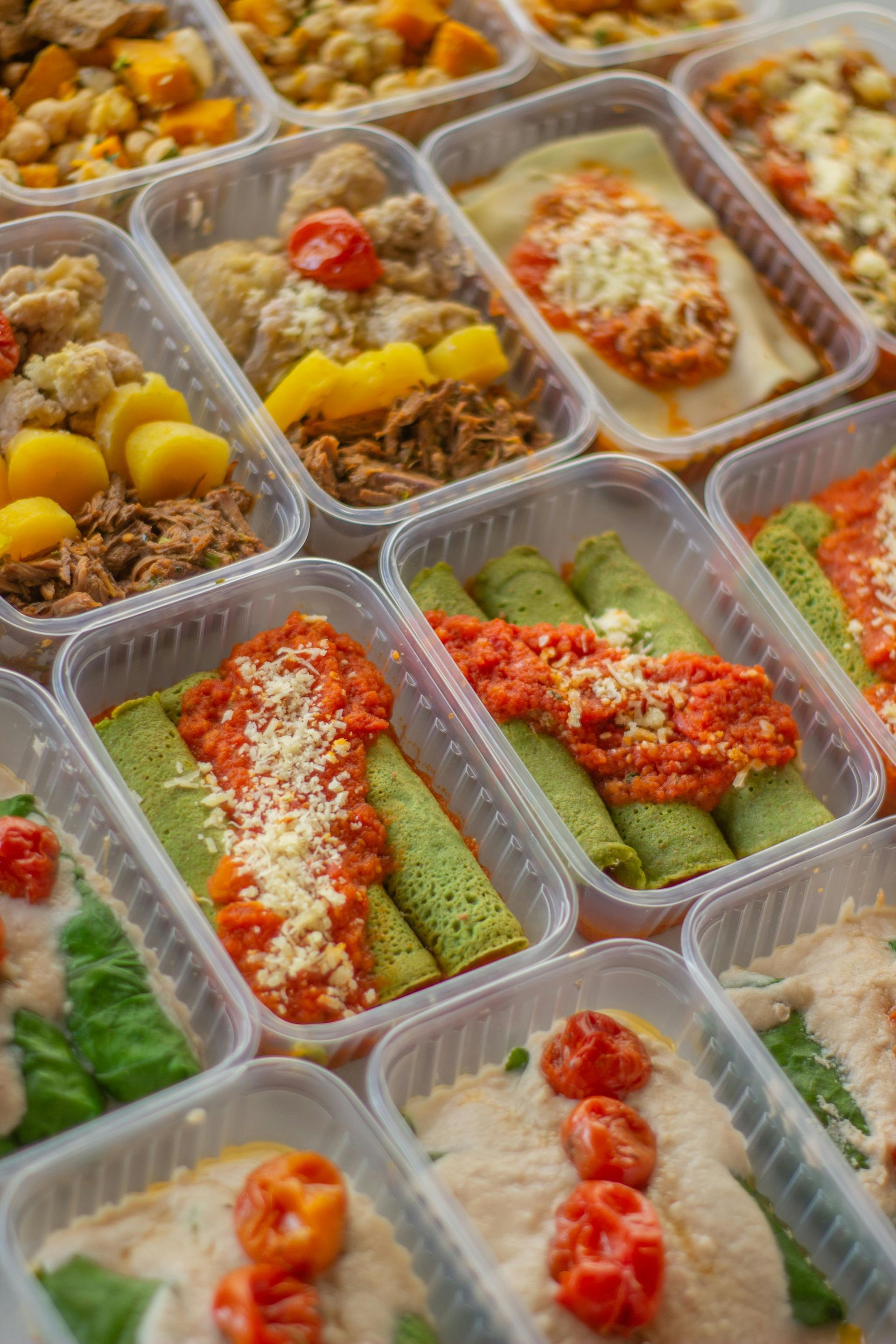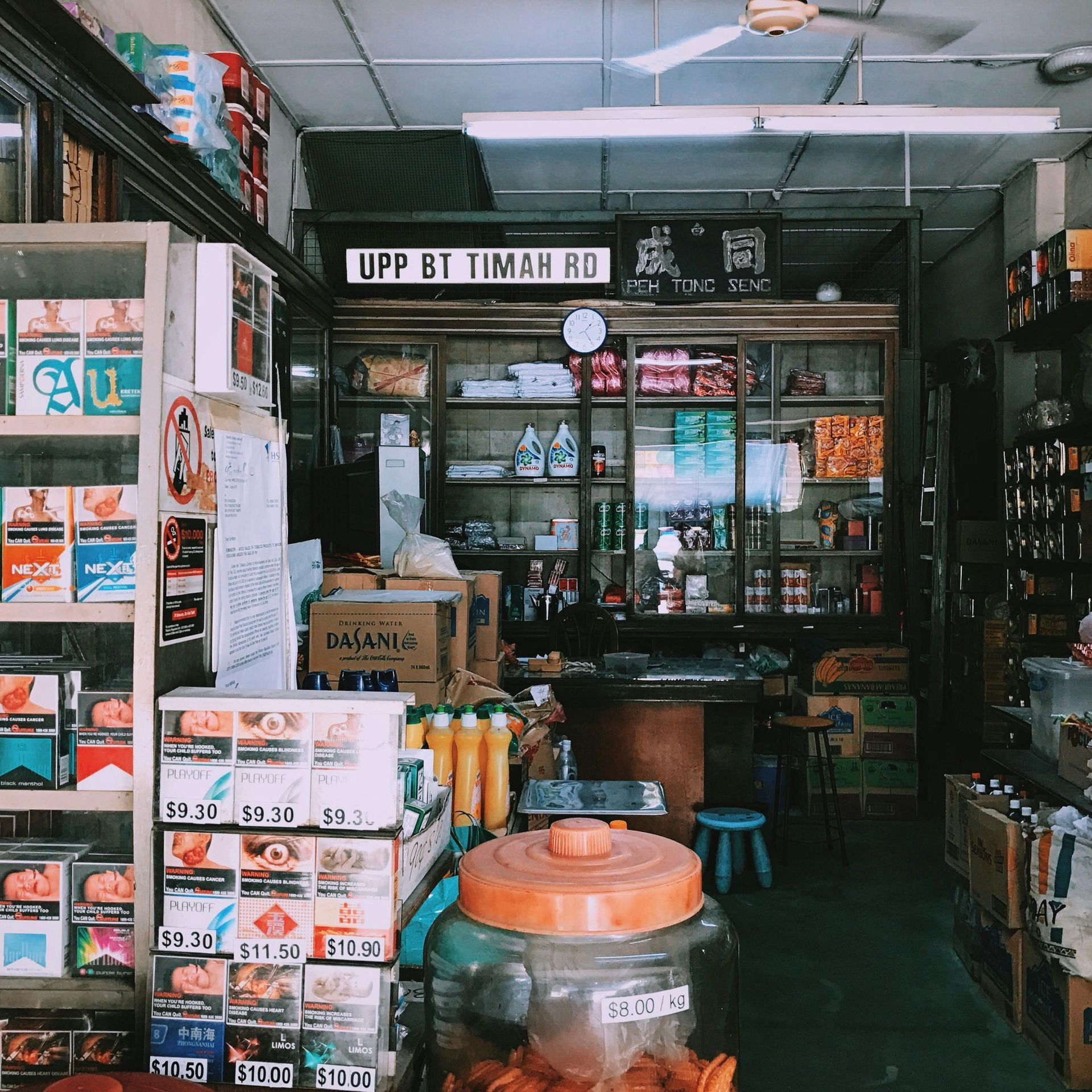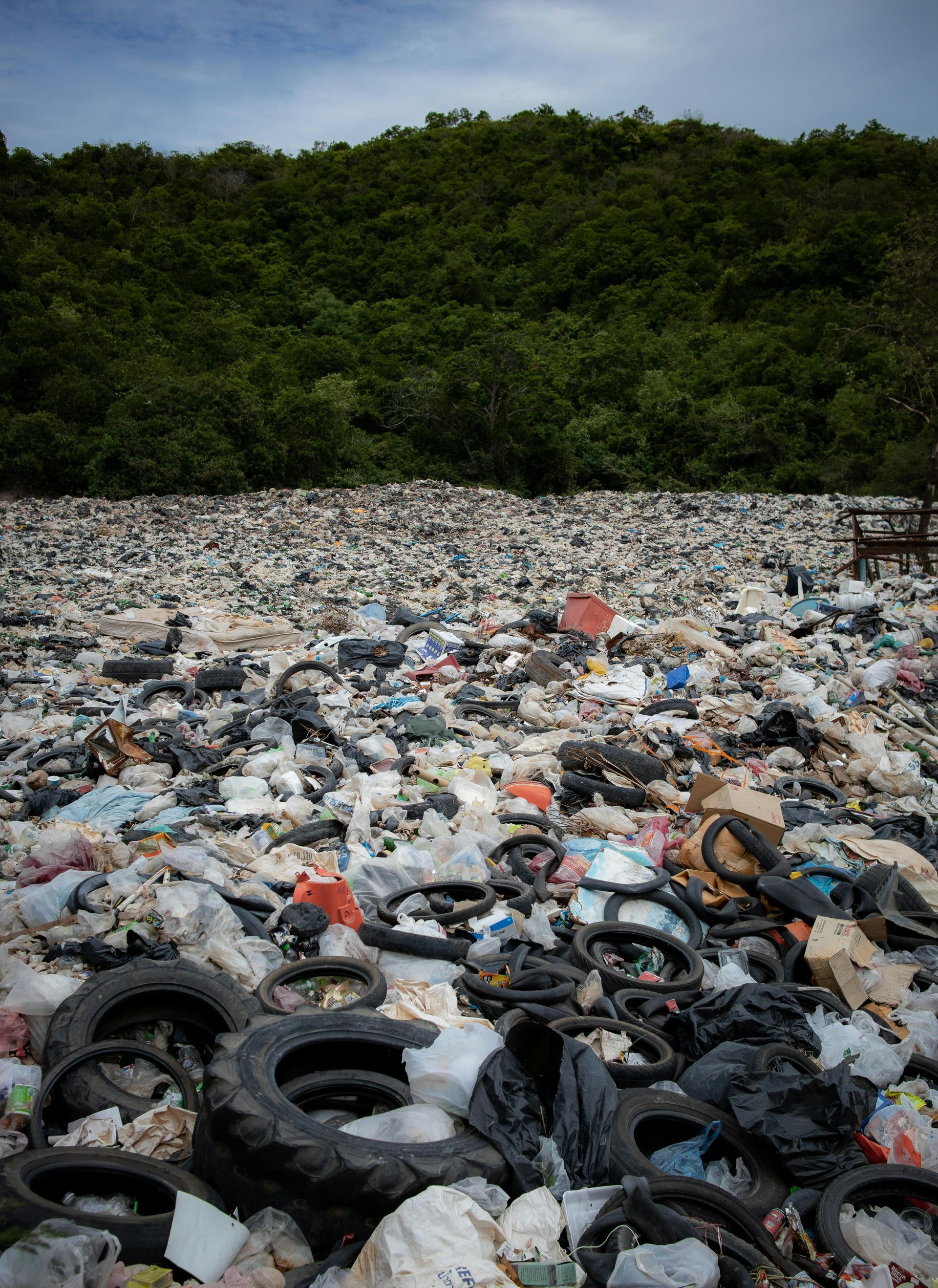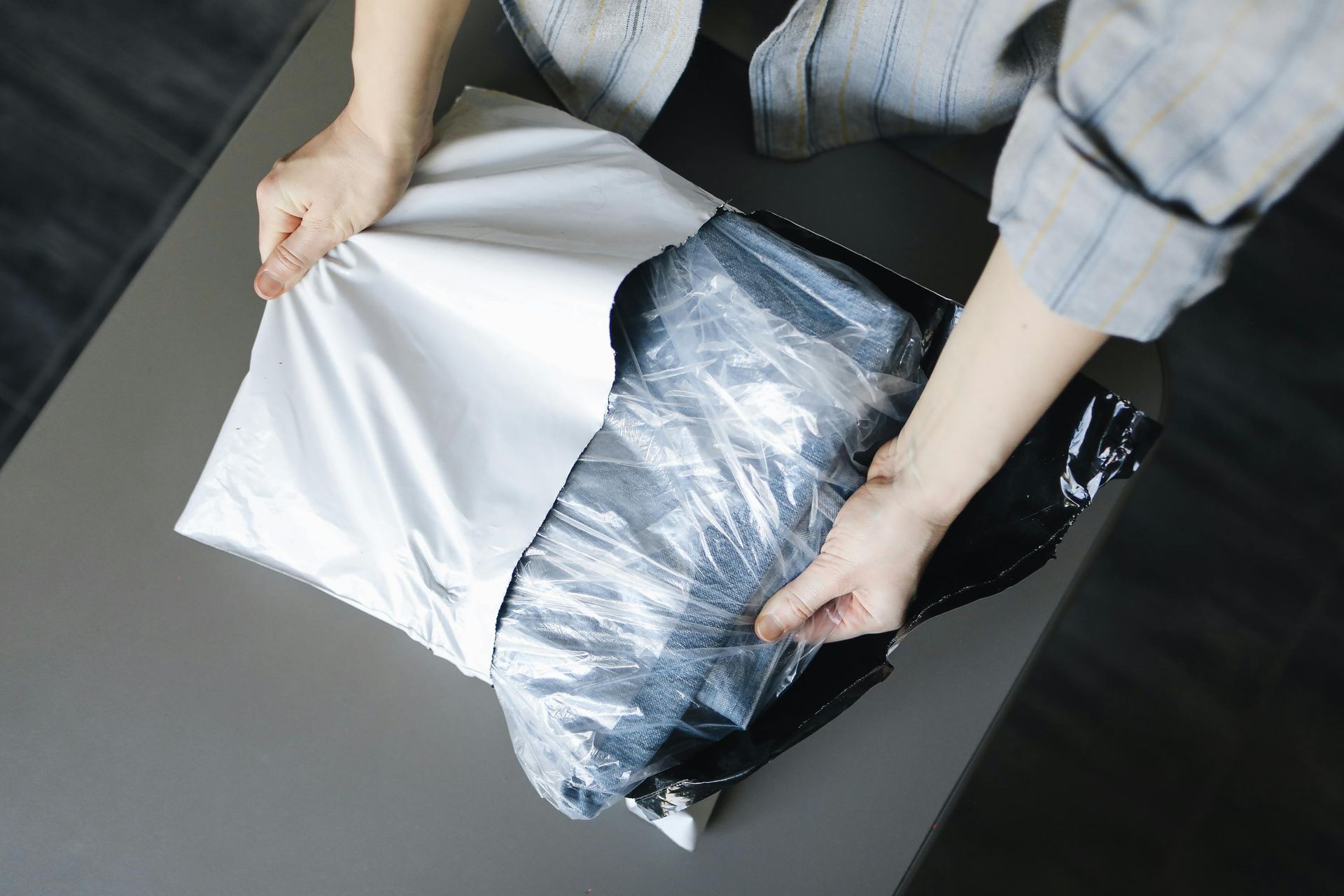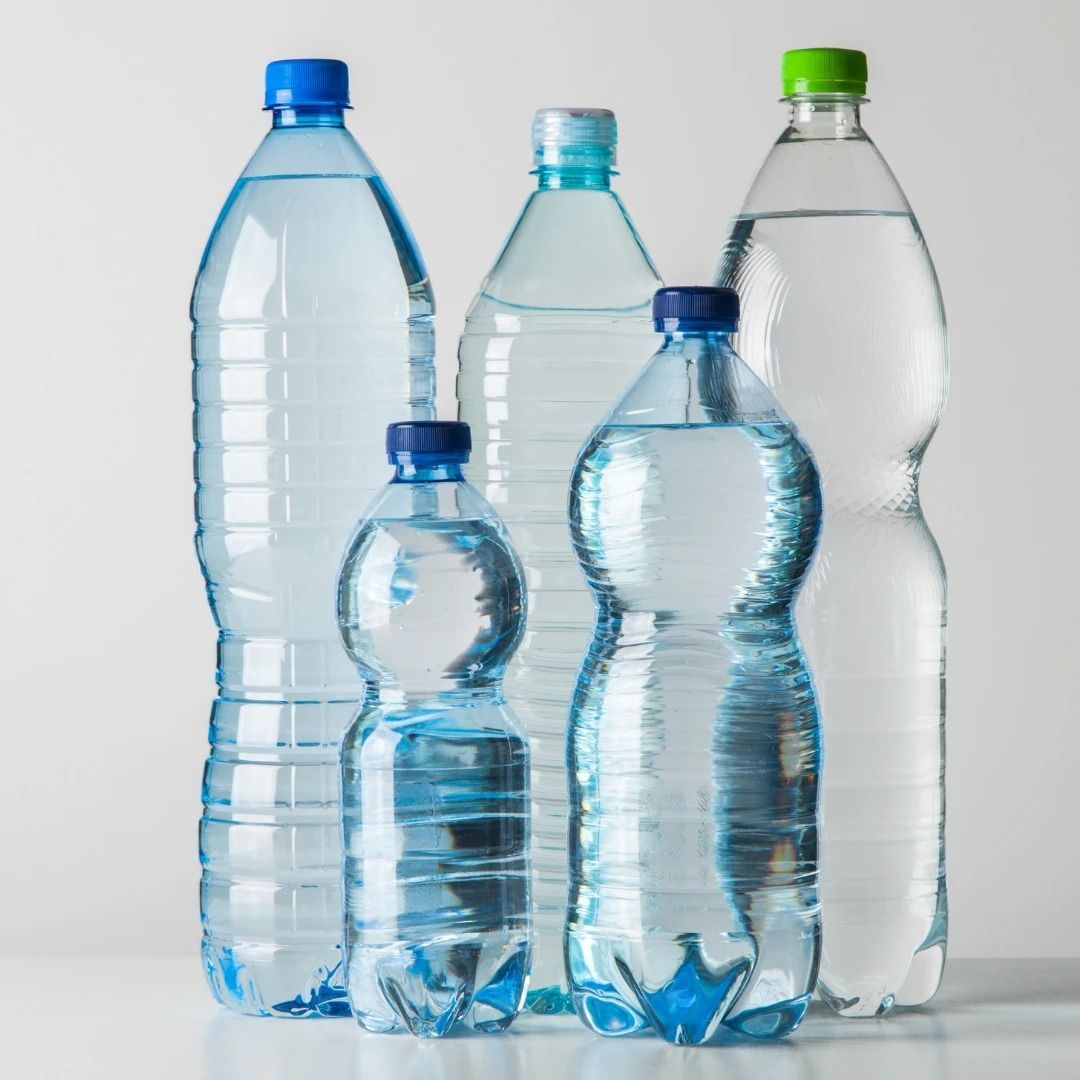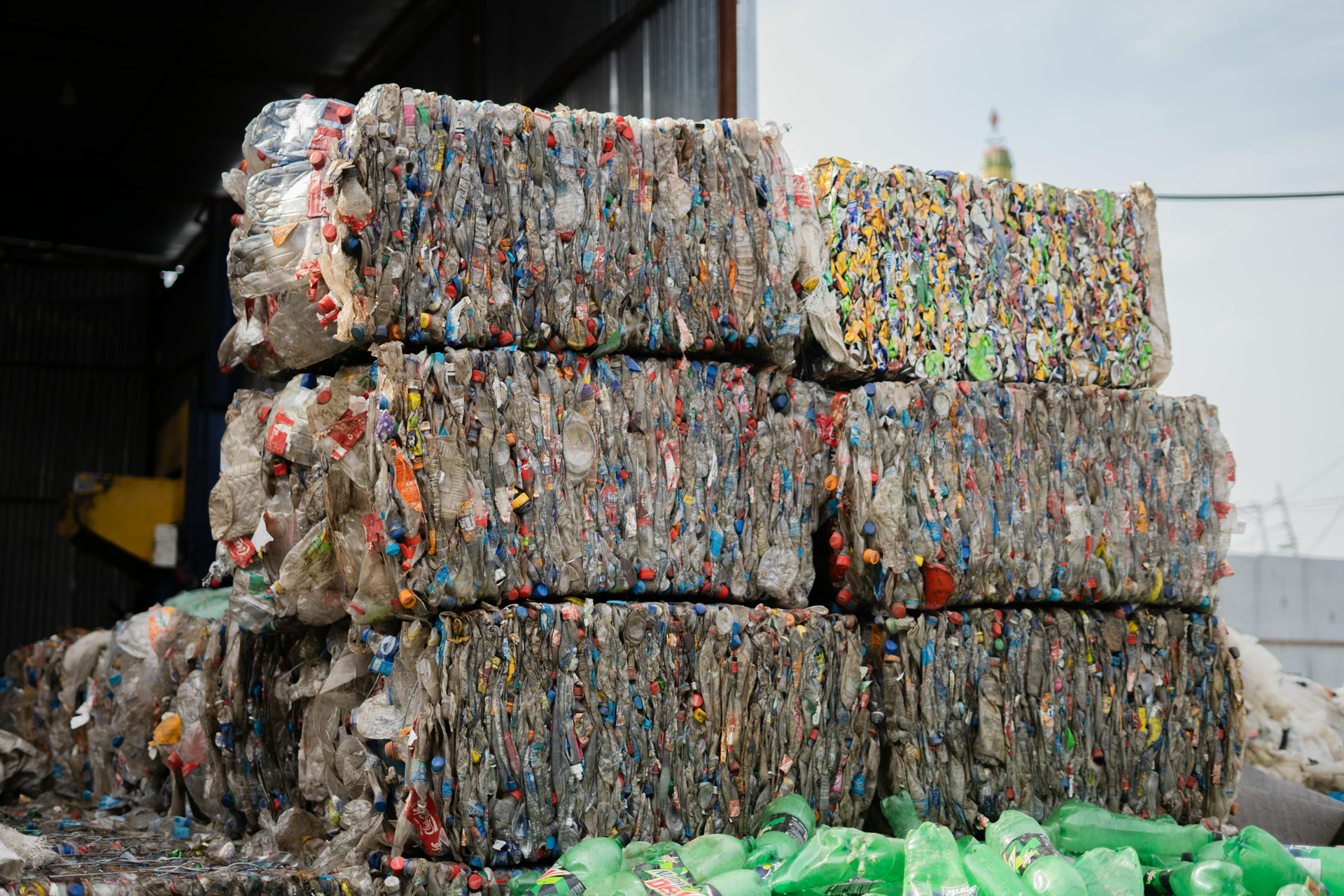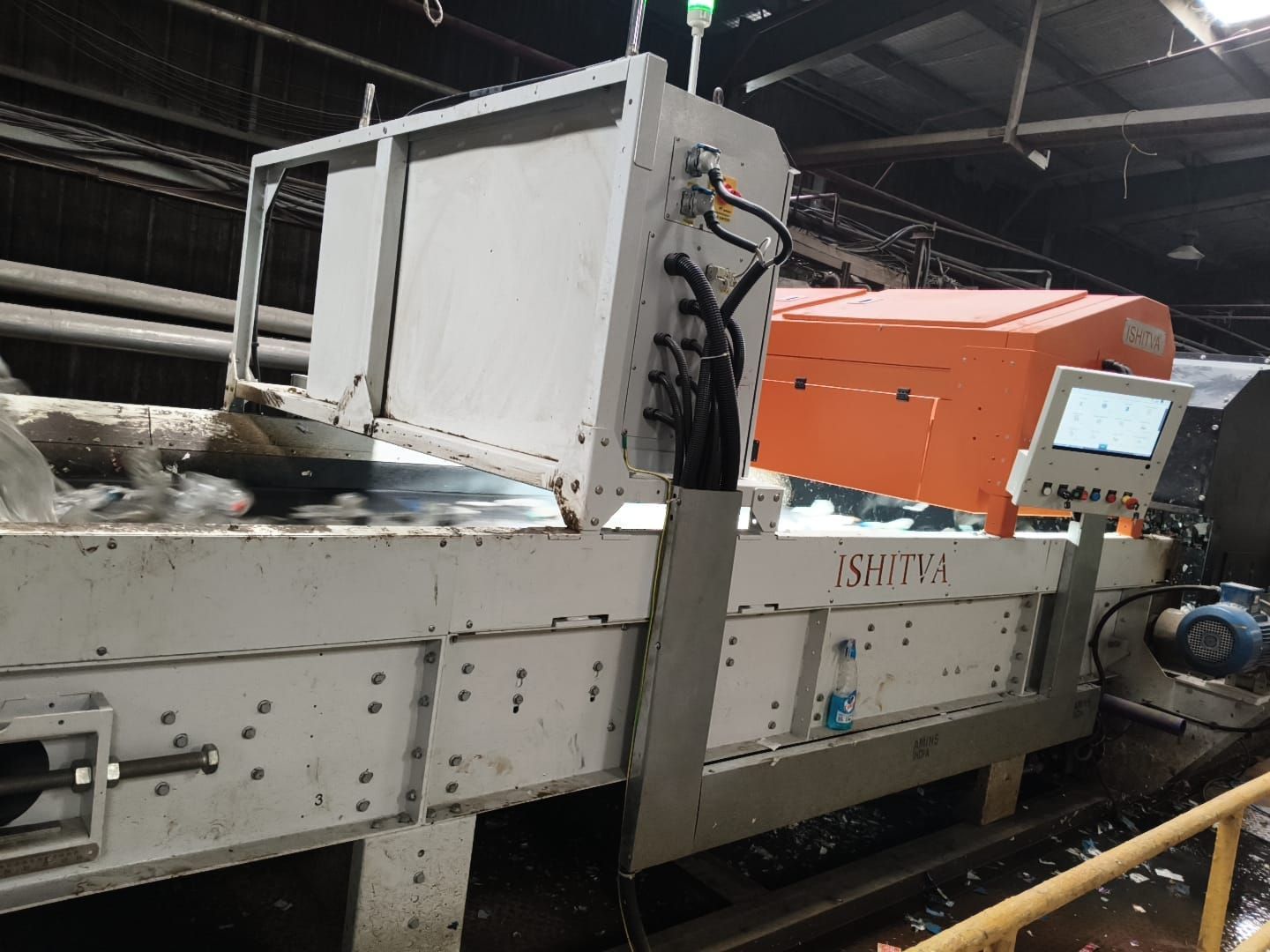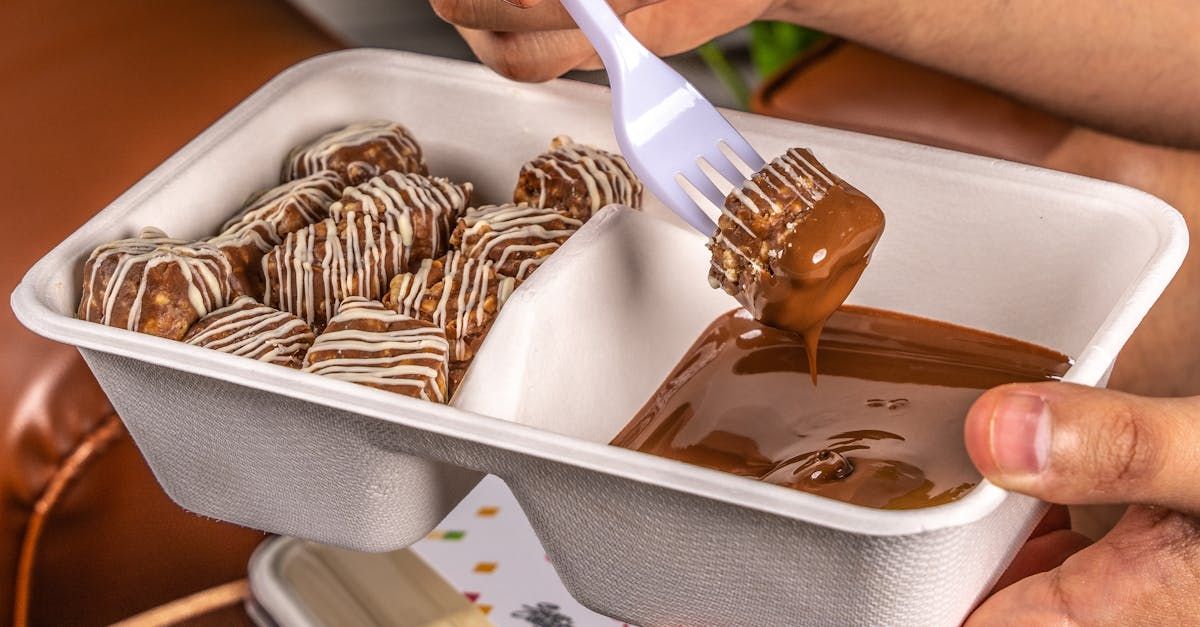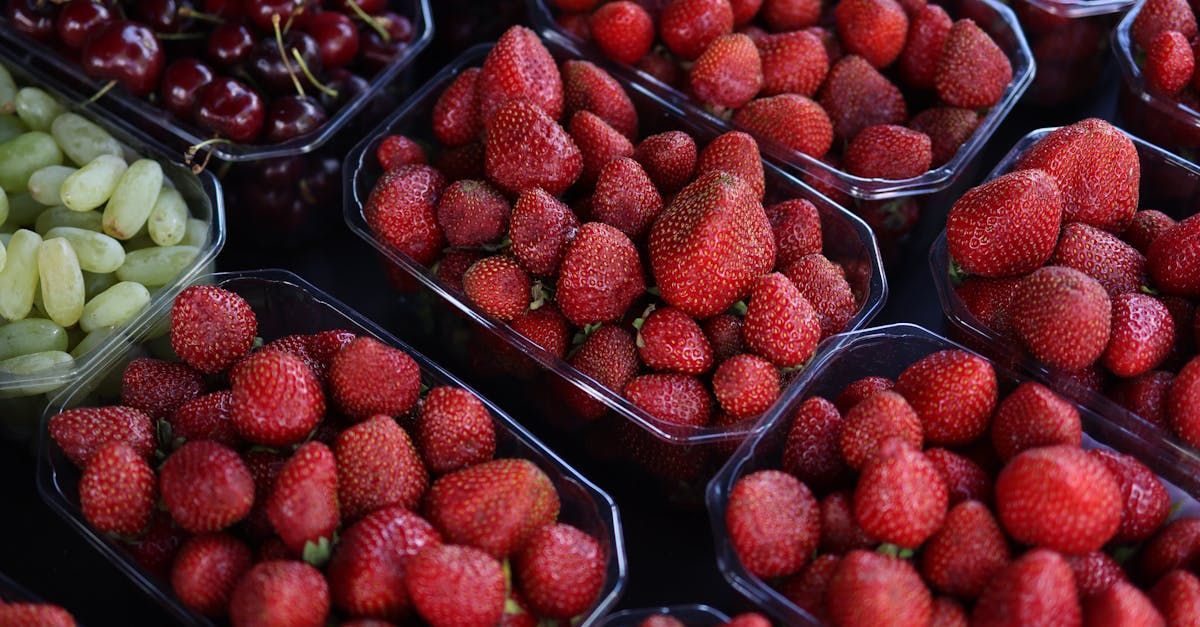What is the most effective way to reduce your carbon footprint on the planet? For starters, use clothing made from recycled plastic. Simply put - the process involves breaking plastic down (PET bottles mainly) into pet flakes and eventually fibres that get used in making polyester yarn. This in turn, can create some well fitting, sturdy and fashionable apparel!
Several notable fashion brands have now taken on this trend as an attempt to reduce plastic pollution on the planet. So if you’re going shopping anytime soon, look out for the recycled material tag!
Why this works?
Well, considering the new wave of conscious consumers, this new trend in ‘conscious fashion’ is here to stay! A large percentage of Gen Z, is proud of being more ‘woke’ and aware than their millennial predecessors, and are happy to flaunt the rules by being more aware of what they consume. Clothes or otherwise. Are we complaining ? Well, not really!
Some brands who are doing this?
There are several big companies that have come up with a sustainable clothing range, including brands like Adidas, H&M, and Zara. Nike uses
“some recycled material”
in 60% of its products, says
Seana Hannah, Nike’s vice-president of sustainable innovation
. Recycled polyester is a primary focus:
“Nike is the highest industry user of recycled poly and we divert more than 1bn plastic bottles on average a year from landfills,”
Hannah said.
Below is a list of brands creating recycled fashion:
Most critics who review the clothing for such brands, have not noticed a difference in quality, if anything recycled products seem to be more durable and easy to work with, plus they fit better! Models claim they feel soft and ‘rather comfortable’ to the skin.
Does this solve the plastic waste problem?
No, this does not entirely resolve the issue. The base problem of consumption is still the key concern in reducing the entire planet’s carbon footprint. However, till the consumption of plastic products reduces, rerouting it into manufacturing clothes, is more sustainable than creating virgin plastic, or using cotton, for that matter.
The World Wildlife Fund estimates that it takes 20,000 litres of freshwater to make one kilogram of cotton; enough for a pair of jeans and a t-shirt! And with farming accounting for 70% of all freshwater use, we can expect to see dramatic changes to the industry in the next 10-20 years.
“Using recycled, rather than virgin, materials offers an opportunity to drastically reduce non-renewable resource inputs and the negative impacts of the industry, like CO2 emissions, water and chemical use,” says Chetna Prajapati (who studies ways of making sustainable textiles at Loughborough University in the UK)
Why can’t we recycle cotton clothes?
Cotton can be made into high-quality paper products, but the reason old T-shirts can't be made into more T-shirts is because of the quality of cotton fabric itself. The very best cotton has fibers with a long staple length. When we process old clothing to create new, we end up with chopped-up cotton fibers — variable and short — which does not make for the softer cotton clothing we are used to. Some companies have found creative ways to use some recycled cotton in new products, by mixing it with new cotton. Brands like Levi's collects clothes for recycling and also adds up to 20 percent recycled fibers in some of its clothes, but
they can't use any more than that without a decline in quality. What can we do with old clothes? Well, there are several thrift shops for second hand clothing online, and apps that cater to the same. Check out Spoly, and swabswap for the same.
Conclusion:
Recycling is definitely not a long term sustainable way to get rid of our plastic waste, it is however a beginning. We need to be more careful even while buying clothes, that we may use them for longer. Something India has been doing, for many years now - is of course passing clothes down through generations, maybe the west can learn from us and be
more tasteful and nuanced, in its approach to fashion!
Contact Aerofibre for using our Quality rPET flakes, DiamondPET, in your brand or product or packaging.
Contact us at sales@aerofibre.com for more info.
